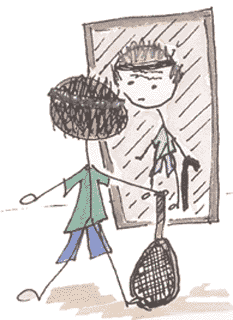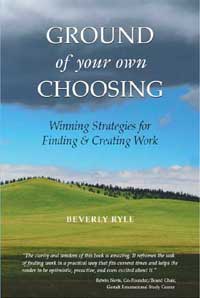Month
Ageism
 All of us—young, old, middle-aged—whether we like it or not, practice ageism, at least to some degree. It’s far less obvious than most other prejudices, but it is nevertheless there in how we think about others and, most importantly, how we think about ourselves. The idea that we’re too old (or even too young) to do something is rooted in our own prejudices about the limits that age imposes—limits that are reinforced by the broader ageism that permeates our culture.
All of us—young, old, middle-aged—whether we like it or not, practice ageism, at least to some degree. It’s far less obvious than most other prejudices, but it is nevertheless there in how we think about others and, most importantly, how we think about ourselves. The idea that we’re too old (or even too young) to do something is rooted in our own prejudices about the limits that age imposes—limits that are reinforced by the broader ageism that permeates our culture.
Unlike sexism, racism, and other “isms”, ageism is not static: whether we're dishing it out or taking it depends on where we are in life. Take ,for example, the situation where an older person is waiting to see a physician:as soon as this “very” young doctor enters the examination room, the older patient begins to question his competence because he's “only a kid”, and he feels perfectly justified in doing so. Yet on the way home, when an impatient young driver behind him yells out the window, “The light's green, you old goat!” (or something worse), he is outraged.






